
On November 25, in Hanoi, the Ministry of Health held a conference to review 10 years of implementing the "National Action Program to improve the capacity of medical examination and treatment quality management for the period up to 2025" according to Decision No. 4276/QD-BYT dated October 14, 2015 of the Minister of Health and to give comments on the draft of Advanced Quality Standards for Hospitals.
The results of the survey and assessment of the implementation of the National Action Program to improve the capacity of managing the quality of medical examination and treatment in the period 2015-2025 show that the improvement of the capacity of managing the quality of medical examination and treatment has been implemented, maintained, and improved, bringing about clear results, recognized by society and the community. The program has created a widespread ripple effect to hospitals nationwide with the rate of implementing quality improvement programs, patient safety, hospital quality assessment according to the Criteria Set, patient satisfaction survey of medical staff... reaching a very high level of 90% or more.
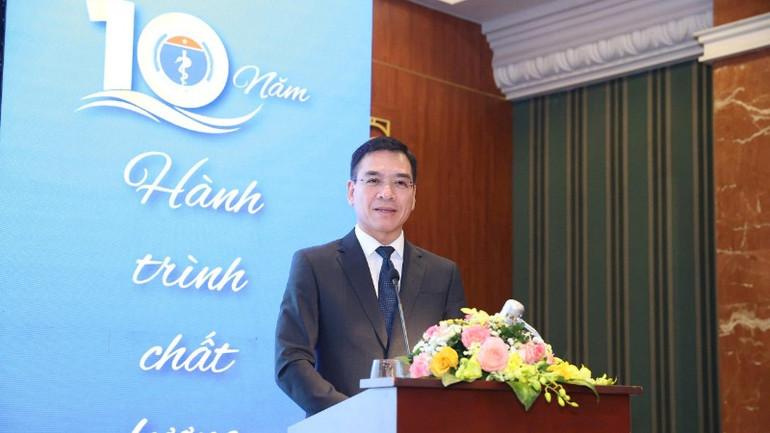
According to Dr. Ha Anh Duc, Director of the Department of Medical Examination and Treatment Management, the simplest change that can be seen is that the phenomenon of patients going abroad for medical examination and treatment has changed direction. Currently, the professional reputation, quality and price of medical examination and treatment services are gradually attracting patients from abroad to Vietnam to use services ranging from simple to complex specialized services.
However, entering a new phase of the country, the medical examination and treatment system will have changes and improvements to suit the situation. Accordingly, in the coming time, the Ministry of Health will build a new set of hospital quality standards on the basis of inheriting existing results, ensuring suitability with Vietnam's characteristics and harmony with international practices; designed according to levels, with a clear implementation roadmap for hospitals to proactively implement and upgrade sustainable quality, approaching international quality.
Speaking at the conference, Professor, Dr. Tran Van Thuan, Deputy Minister of Health, Chairman of the National Medical Council, affirmed: In the development process of any modern health system, quality is not an additional task, but the focus that creates the reliability of medical services, of doctors, and of the entire health system.
In Vietnam, that idea has been affirmed throughout Resolution No. 46-NQ/TW of the Politburo in 2005 to Resolution No. 72-NQ/TW in 2025, which identifies breakthrough solutions to strengthen the protection, care and improvement of people's health. Resolution No. 72-NQ/TW has emphasized the need to perfect the health care system at all levels; improve the quality of medical examination and treatment; ensure patient safety and develop high-quality healthcare.

Over the past 10 years, the Vietnamese healthcare system has entered a period of shifting its quality management model to modern standards, approaching international trends, and achieving three major fundamental changes. These are the synchronous formation of a quality management system from central to local levels; standardization of clinical practices and the development of a set of hospital quality criteria according to a modern approach; the development of a culture of patient safety and continuous improvement methods.
Along with the above three pillars is a revolutionary step forward in digital transformation of healthcare. From HIS, LIS, PACS, EMR, to ICD coding, quality checklists, public indicators such as waiting time, infection rate, surgical safety index. Some hospitals have applied artificial intelligence in reading films, classifying patients, supporting clinical decisions, opening a new era of precision medicine and data-based medicine.
In addition to the achieved results, medical examination and treatment in Vietnam still shows shortcomings such as: Overcrowding in large hospitals; medical examination and treatment procedures, although improved, are still troublesome; abuse of drugs, tests, and techniques; uneven quality between professional levels; lack of high-quality human resources; financial mechanisms that have not created motivation for quality... This is a common challenge for many developing health systems but also an opportunity for us to make a breakthrough, especially when the country enters a new stage of development.
Deputy Minister Tran Van Thuan affirmed that quality is never the result of chance. Quality is the result of intelligence, of correct policy choices, of a culture of safety that is cultivated, of accurately measured data, and of dedicated physicians who put the patient at the center. Patients come to medical facilities at the most vulnerable time of their lives, placing their trust in us, and in return they expect safe care, effective treatment, and kind and humane treatment.
Source: https://nhandan.vn/mo-hinh-quan-tri-chat-luong-kham-chua-benh-cua-viet-nam-tiem-can-cac-xu-huong-quoc-te-post925730.html












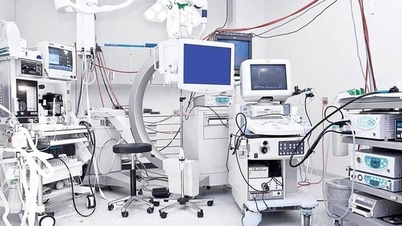


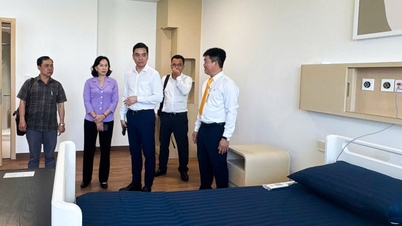
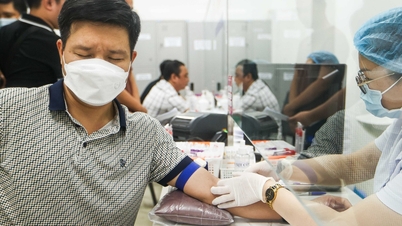






























































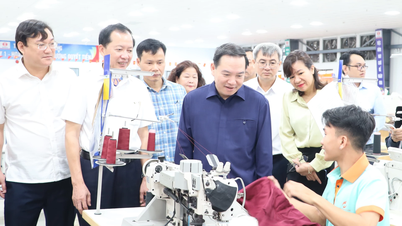


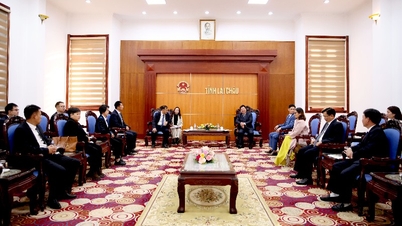

















Comment (0)